The Ijaw National Congress (INC) has described as hasty and lopsided President Bola Tinubu’s declaration of a state of emergency in Rivers State. President of the apex Ijaw socio-cultural organisation, Prof Benjamin Okaba, in a chat with Vanguard on Tuesday night in Yenagoa, said: “It is a clear state of dictatorship in civilian clothing.” He …
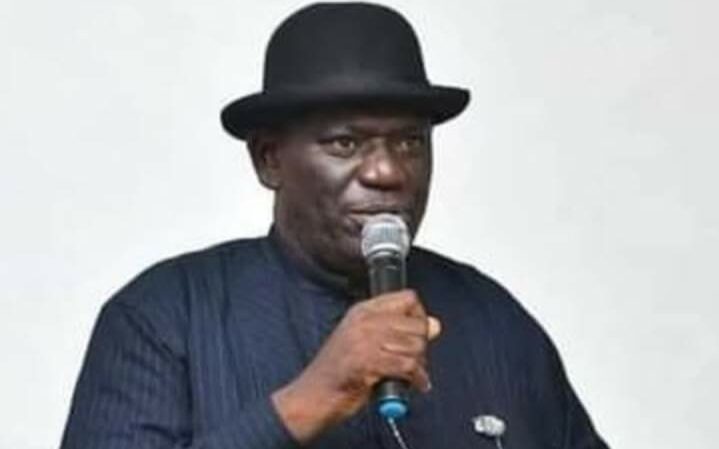
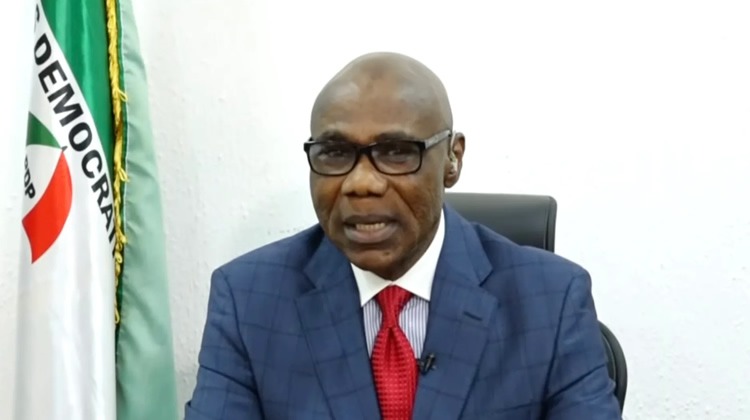
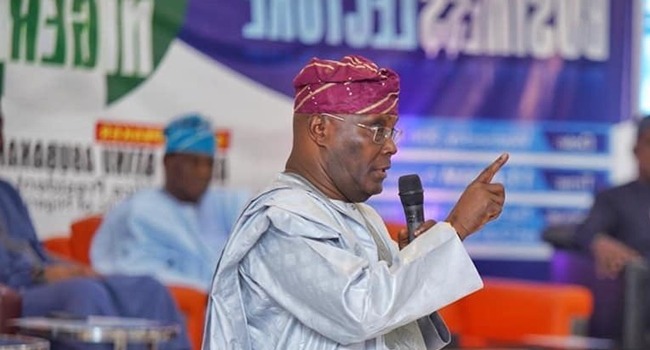

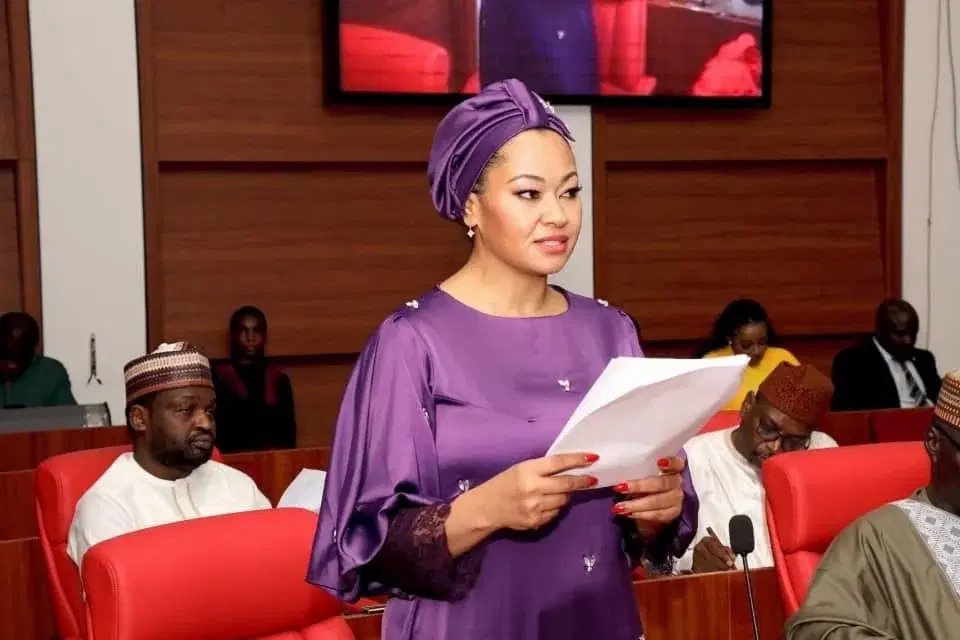

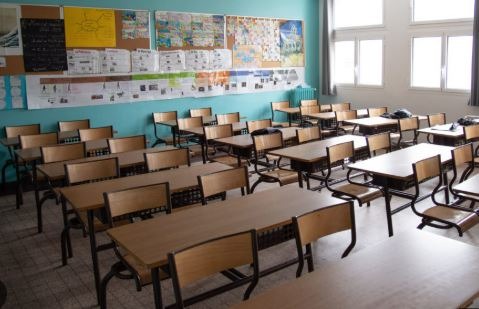


![[Updated] Assault: Court grants Portable N2m bail, adjourns till March 5](https://todayprice.ng/wp-content/uploads/2025/02/portable.jpg)